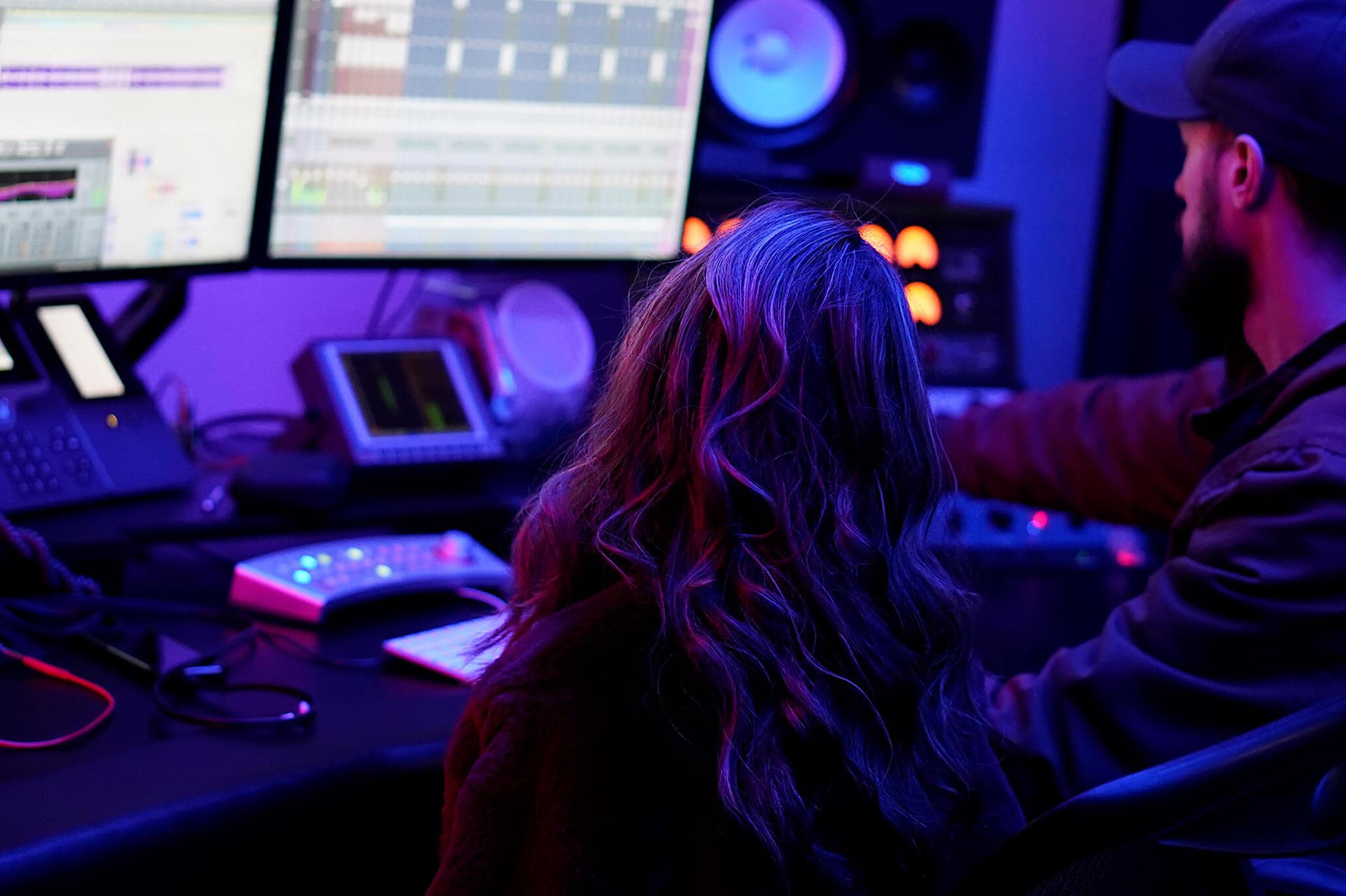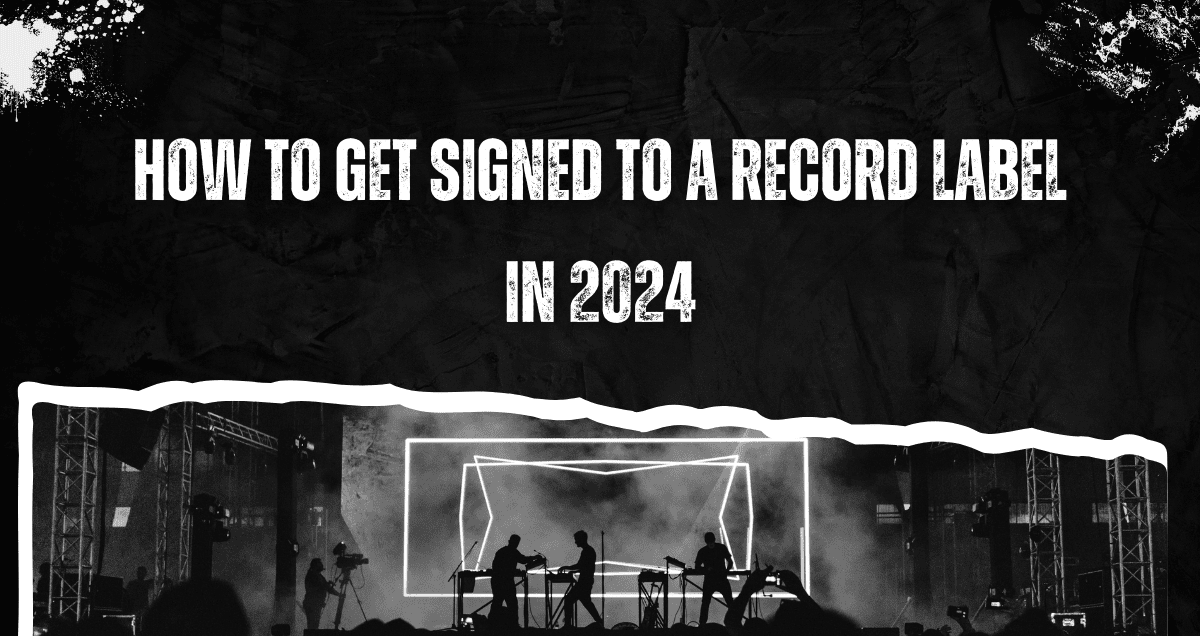What is a record deal?
A record deal is an agreement where an artist and a record label release music together. The label usually takes a percentage of royalties and owns the master recordings. The artist gets their share of royalties, promotion, distribution, and an advance to produce the music.
Bigger labels might also cover merchandise, PR campaigns, tour booking, and publishing services.
In short, a record label helps your music reach a wider audience and funds your commercial activities in the music industry.

What is a record label advance?
An advance is an interest-free loan from a record label to help fund your music release and promotion. Since it’s a loan, it must be repaid, usually through future sales, royalties, or publishing earnings.
Be cautious when accepting an advance. It’s not free money; you will need to pay it back. Your label will take a portion of your earnings until the advance is repaid. Keep this in mind before signing a record deal.
Master Recording Rights vs. Publishing Rights
Music rights are divided into two areas: master recording rights and publishing rights.
Master recording rights are often transferred from the artist to the label in record deals. These rights cover the actual music recording and allow the master owner to profit from sync licensing to TV, film, and ads, and from digital performance royalties when streamed or downloaded.
Publishing rights involve mechanical, performance, and sync royalties collected by publishers and songwriters. They are not transferred in typical record deals.
Tip: Sample clearance fees go to the master owner when another artist samples a recorded work.
Types of record deals
When looking for a record deal, you’ll come across various types. Here are six common ones:
- The 70/30 Record Deal
- The 360 Record Deal
- The Distribution Deal
- The Production Agreement
- The Joint Venture
- The Upstream Record Deal
Let’s break each one down:
- 70/30 Record Deal: The artist gets 70% of the profits, the label gets 30%.
- 360 Record Deal: The label takes a cut from multiple revenue streams, including touring and merchandise.
- Distribution Deal: The label handles distribution while the artist retains more control.
- Production Agreement: The producer gets involved in the creative process and shares profits.
- Joint Venture: The artist and label share costs and profits equally.
- Upstream Record Deal: An indie label signs the artist with the potential for promotion to a major label.
These deals have different benefits and structures, so it’s important to understand each before deciding.
How to get signed to a record label
Now that you know what a record deal is and the different types available, let’s look at how to get signed.
Here are some key steps and tips to attract label A&R (artists and repertoire) representatives:
Make great music
To get a record deal, you need to make great music. Everything from songwriting to recording, mixing, and mastering should be top quality.
Consider the sound and style you want. If aiming for mainstream success, make your music fit that genre. If you prefer an indie lo-fi vibe, find and perfect that sound.
Remember, good music and art can sell themselves. Focus on making your tracks sound the best they can.
Find the story around your art
Building a social media following and creating a visual brand is important, but what’s crucial is telling a story with your style and art.
Record labels want artists with engaging narratives. They prefer artists with dedicated fans over a large number of inactive followers.
Think about the story you want to share online. Your social media presence should reflect you and your music. Ensure your music and visuals create a consistent, recognizable image for your audience.


